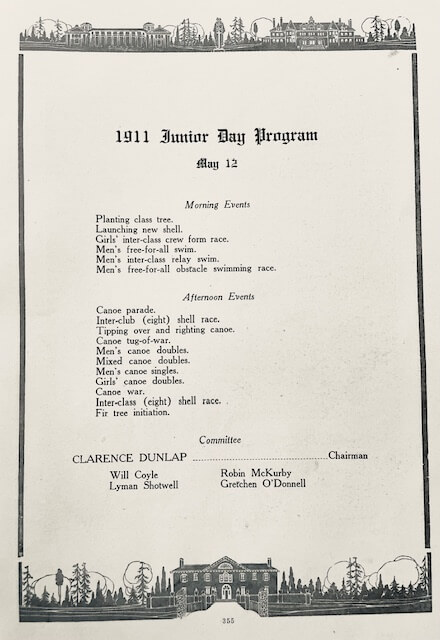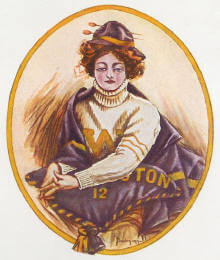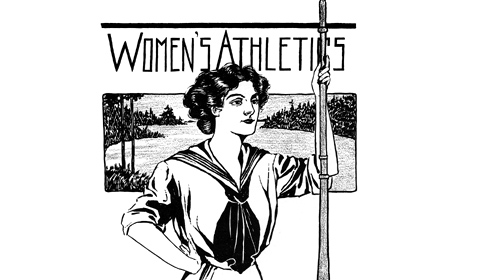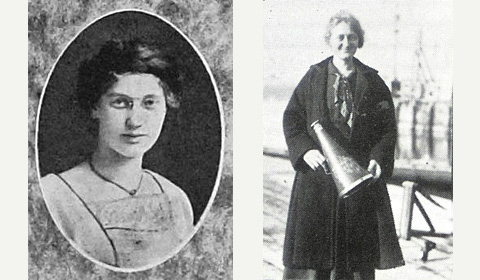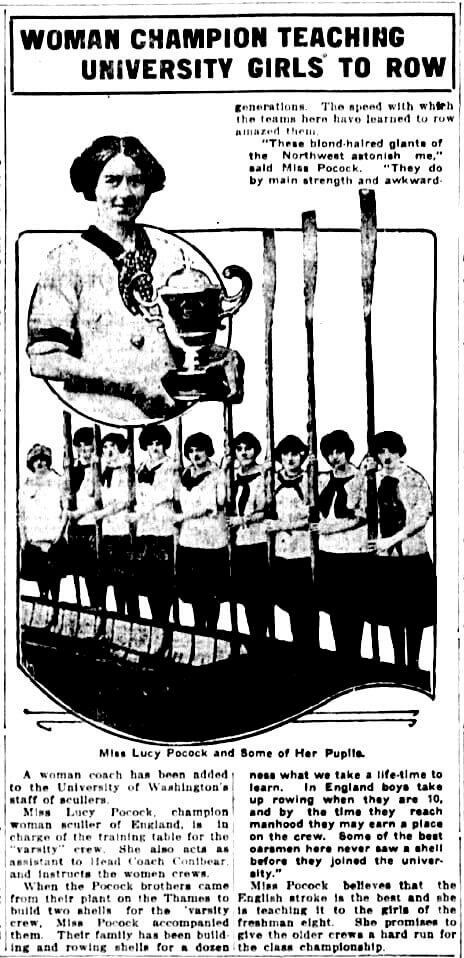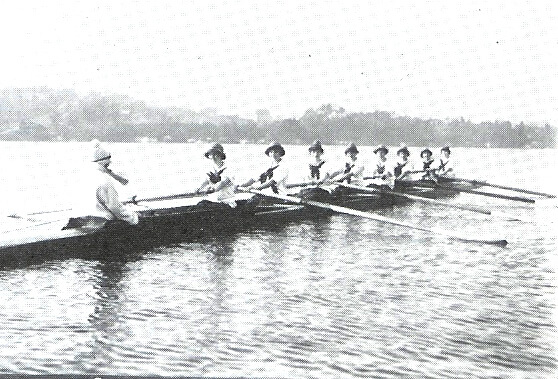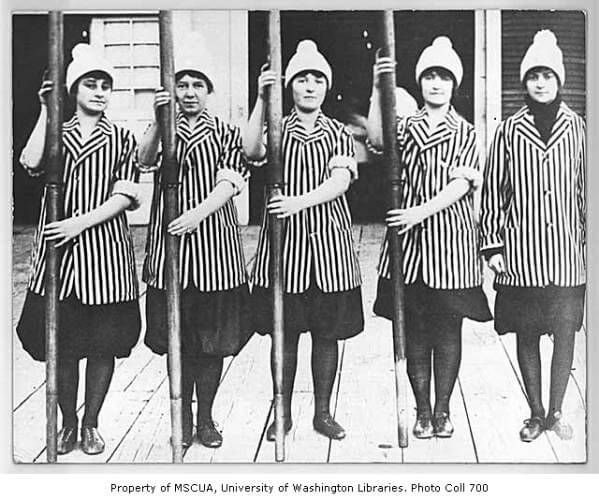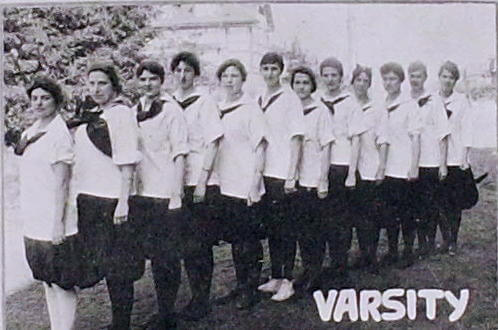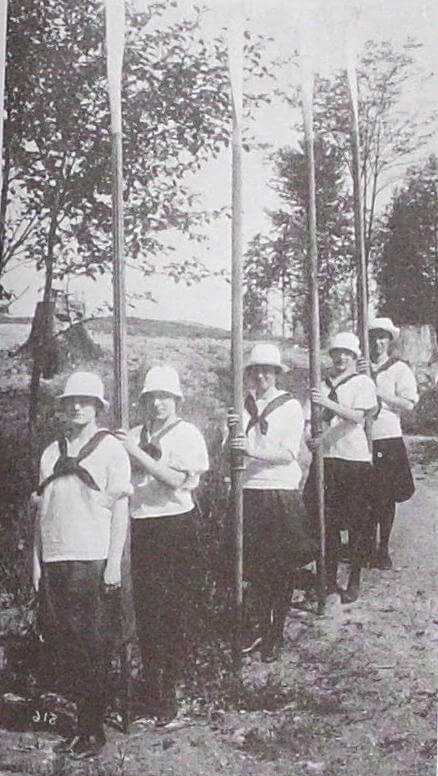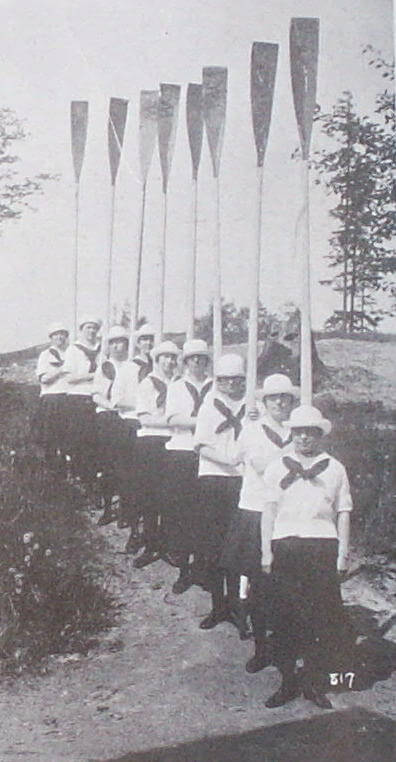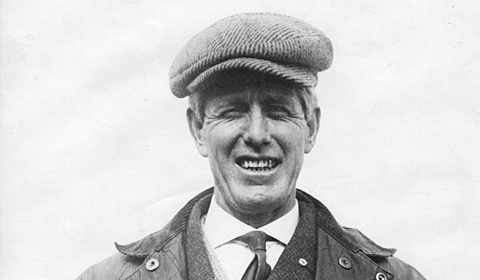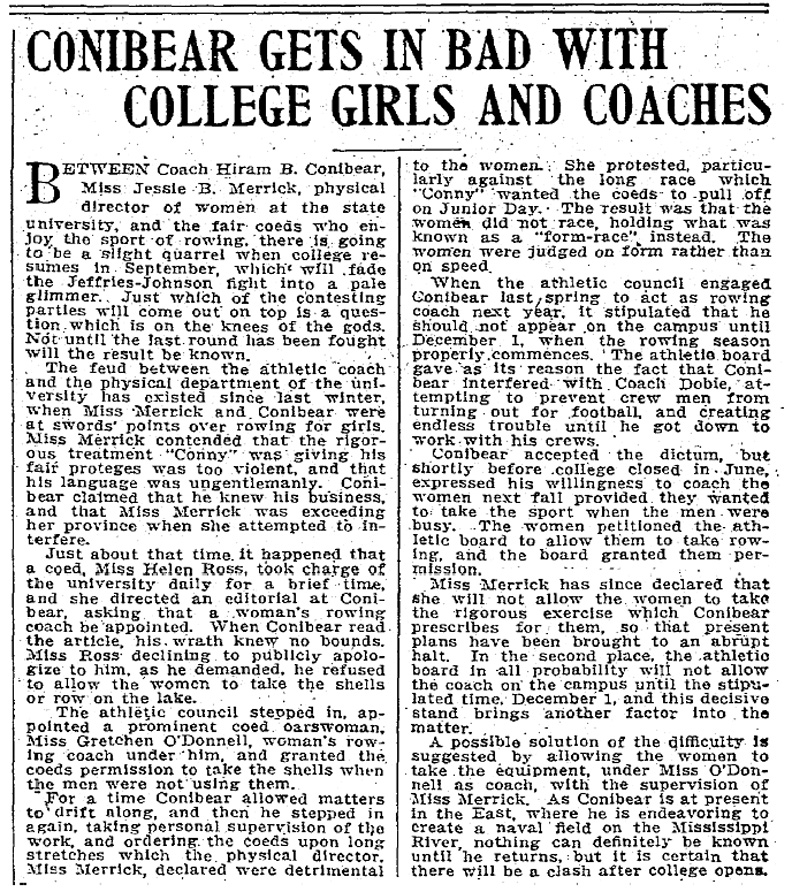
A July 17, 1910 article in the Seattle Daily Times describing the conflict Hiram Conibear was already having with upper campus over his women’s team. Miss Jessie Merrick, the phys-ed director for women at the UW, was adamantly opposed to the “rigorous exercise which Conibear prescribes for them”, and denied Conibear and his athletes the racing they wanted, adjusting practices to instead focus on a form contest. “Miss Merrick contended that the rigorous treatment “Conny” was giving his fair proteges was too violent and that his language was ungentlemanly,” the article stated. “She protested, particularly against the long race which “Conny” wanted the women to pull off on Junior Day. The result was that the women did not race, holding what was known as a ‘form-race’ instead”.
There is a lot packed into this article, but it is important to note that “the women petitioned the UW to allow them to take rowing and the board granted them permission. Miss Merrick has since declared that she will not allow the women to take the rigorous exercise that Conibear prescribes for them, so that present plans have been brought to an abrupt halt.”
This would not be the first – or last time – “Conny” would find himself defending the women’s program, and particularly these early women athletes who wanted to race. Seattle Daily Times, July 17th, 1910

